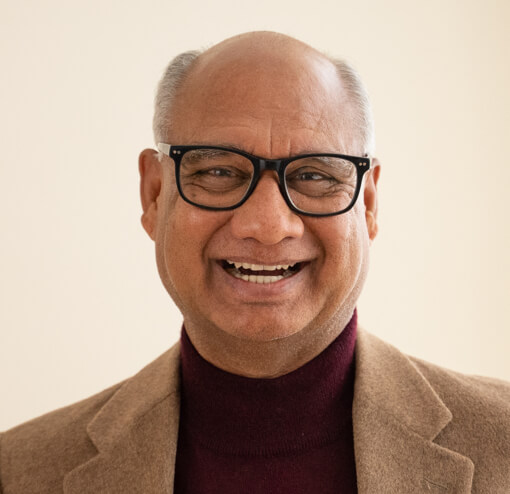Q: What is the difference between spirituality and religion?
A: There is a lot of confusion about what constitutes religion and what constitutes spirituality. Some people are brought up in a certain religion and do not wish to step outside these boundaries. Others claim to have had a religious conversion or a spiritual awakening. These days, increasingly, many are calling themselves “spiritual but not religious.” What does this all mean? And how can we hope to gain an understanding of our own personal unfoldment and relationship with divinity; however we may conceive of that entity or force?
“Spirituality” or “tradition” is based on solid, time-tested knowledge.
The distinction between spirituality and religion, as I understand it, is as follows. A tradition of what many call “spirituality” is not founded by any one individual. That is to say, tradition doesn’t begin or end with an individual. And in the vast context of a living tradition, teachers are not as important as the tradition itself. Teachers contribute to the growth and development of the tradition, but they are not equivalent to the tradition. If a particular teacher turns out to be not so good, it really doesn’t matter—his or her incomplete or erroneous teachings will slowly fade away, and all that will be left will be the solid knowledge that, by its own intrinsic virtue, has remained consistent for generations. That is what we mean when we talk about spirituality or tradition.
Religion, on the other hand, tends to prioritize the figureheads over the teachings. First and foremost, religion grows out of personality worship. It starts when a particular individual is followed and supported by a group of people, generally in the name of God. When the followers begin to worship that individual, putting him or her on a pedestal, then a religion is born. In its infancy period, it’s called a cult. When that cult continues growing and growing, it turns into a much bigger cult. When it is accepted more widely and acquires more and more rules and regulations and followers, then it is called a religion.
There are other signs and symptoms of religion: Religion discourages knowledge and self-growth in the name of dogma. It says that human beings cannot find salvation here and now. It creates clergies, or figureheads, who are said to stand between an individual seeker and the goal being sought—whether that goal is God, heaven, or enlightenment. Whenever an individual—a personality—stands between a seeker and the goal of his or her spiritual quest, then that is called religion. Exploiting human frailties of fear or greed, and feeding on guilt and self-condemnation are still other signs of religion.
The goal of spirituality is to heal and empower yourself.
How will we know when we’ve found a spiritual path? A true spiritual path has no room for any of these things, because the goal of spirituality is to heal yourself, to empower yourself, and to enjoy the world that is God’s own creation—in other words, to attain freedom here and now. Fill your mind and heart with that confidence, that you are truly created in the image of your creator, and not only have you been created in the image of your creator, but also the creator has deposited his or her creative power in you. And the creator will be thrilled to see when you, as the creator’s child, discover who you are, what you are, and what your relationship is with the one who created you. That fills the creator with joy. That is what is called spirituality, and that is the difference between religion and spirituality.
Source: Traditions and Techniques of the Himalayan Masters: Q&A (Honesdale, 2007)
